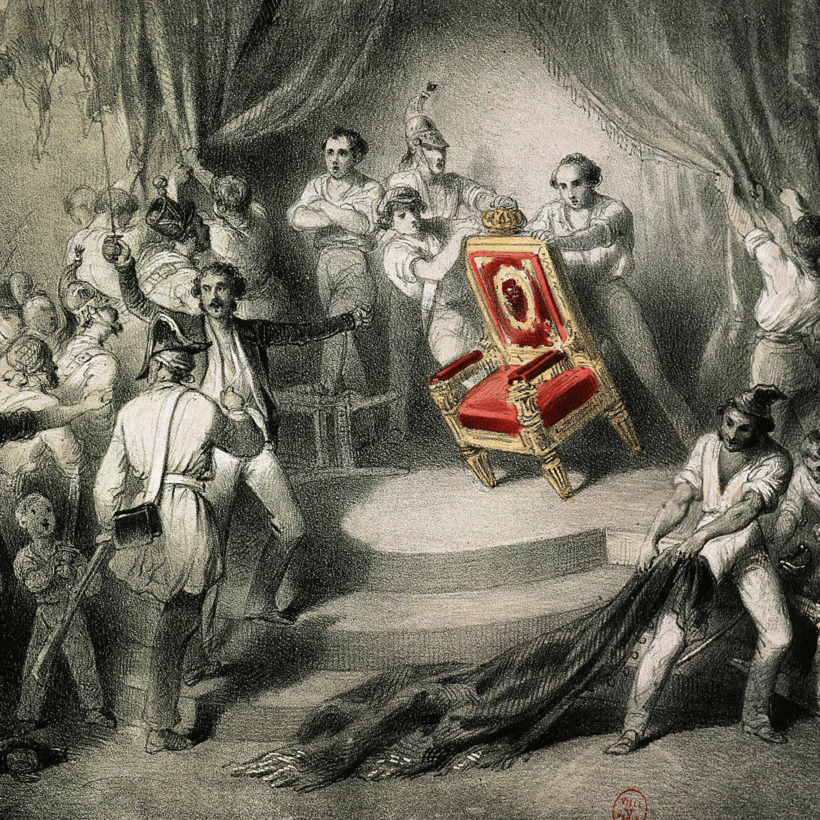In 1848 Europeans revolted from Norway to Sicily and from Switzerland to Portugal. “This was the only truly European revolution that there has ever been,” Christopher Clark writes. “All were included in the band of brotherhood,” the Italian insurgent Enrico Dandolo wrote. “Scarcely a being … could resist the influence of such universal joy and affection.” As Wordsworth might have said, bliss was it to be alive in 1848.
People, it seems, are happiest when in revolt. They’re also angriest, though that comes later. The cacophony of emotions was irresistibly attractive and remains so in retrospect. Life was lived on edge; politics inspired passionate imagination; dreams briefly seemed realizable. “Everything and everyone was in motion,” Clark writes of that exhilarating year. He describes, but also feels, “moments of dazzlement”.


